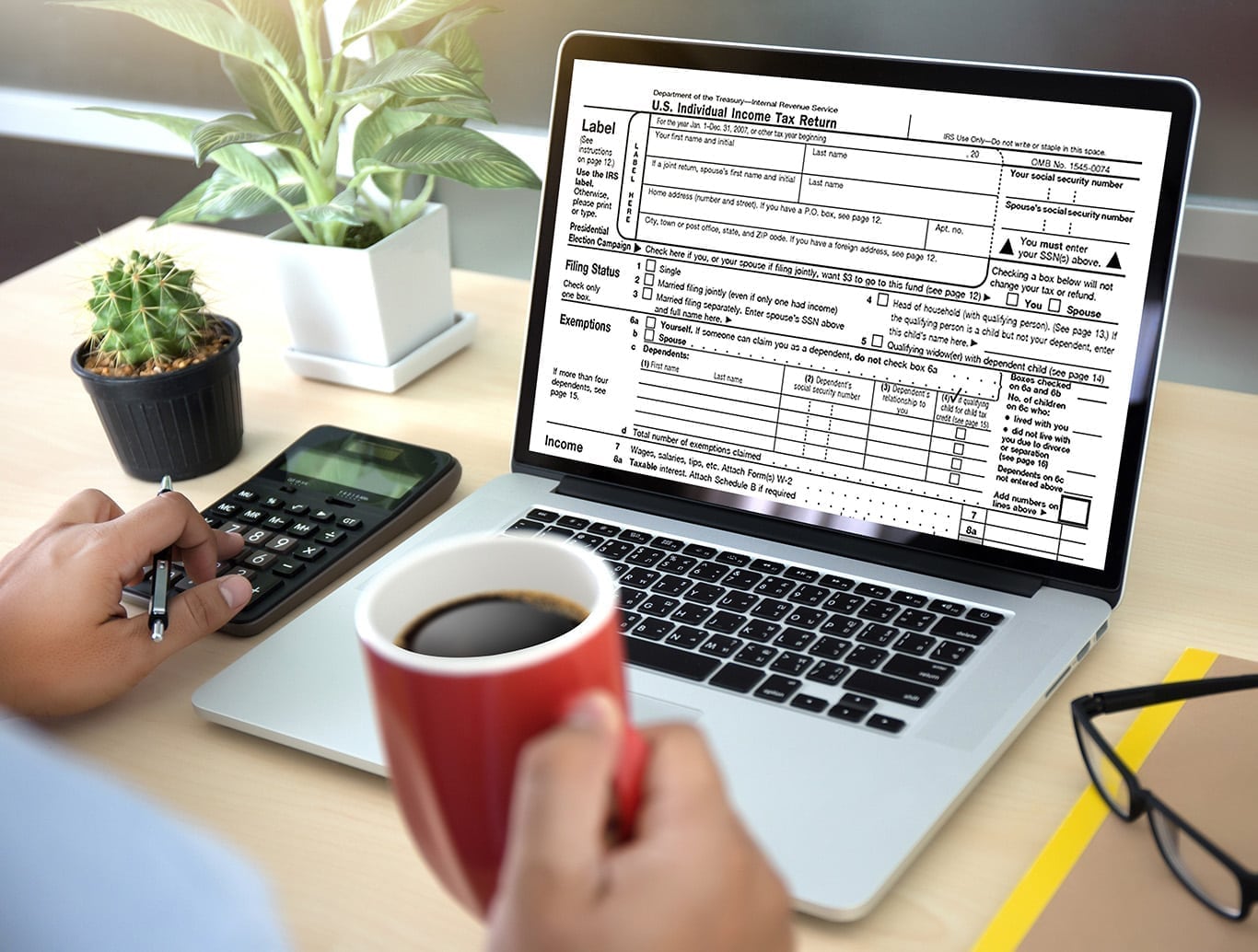Tax accountants are the financial experts who perceive the rules and regulations mandated by the authorities which examine the money owed to state or local agencies and are also known for scrutinizing, reporting and giving guidance on issues related to taxation to entrepreneurs or individuals.
Tax accountants are always a good choice by entrepreneurs who want guidance in handling their finances by professionals. They find a suitable way to save money to be incurred on taxes and they also provide assistance to the customers to stay away from the tax fines by informing them about changes in laws of taxations and by assisting them in any legal disputes. A good tax accountant has in-depth knowledge of taxation policies and analytical skills.
How to Become a Taxation Accountant
To have eligibility in any of the above professional bodies which regulate and accredit the accounting field in Australia, a bachelor’s degree in accounting is mandatory. One who has crossed 17 years of age and has completed +2 with appropriate Universities Admission Index, there are generally these three-year courses for them:
- Completion of a Bachelor Degree in accounting and earn a Master’s degree of Bachelor of Accounting and Finance. According to the preference, they can also acquire post-graduation qualifications like Master of Professional Accounting, which is a two-year degree for students having previous tertiary qualifications.
- By having participation in the CPA program, an individual becomes a member of a recognized accounting institution, like the Institute of Publics Accountants or the Institute of Chartered Accountants of Australia
- Besides, there are numerous other options for Tax Accountants as consider becoming a Taxation Consultant or stepping into management.
- The speed at which tax policies and laws are transforming has been boosted by the evolution of technology. There is a huge demand for tax advisors especially in the field of International Tax and Transfer Pricing as the laws and policies of tax lag far behind the business.
If an individual wants to begin a career in taxation should have the following skills:
Analytical ability: Taxes are considered a matter of grey subject. Which means that it is a legislation of taxes that is open to interpretation. Moreover, different personalities could have different conclusions while observing the same facts under the same law.
Inner Curiosity: A person who desires to work in taxes should have an inner curiosity to deeply understand the issues to ensure that they can justify the position they are holding and can come up with technical advice.
Thorough reading: A tax advisor must ensure that he reads much to gain knowledge of underlying premise to construct the fundamentals of Australian Tax Laws and then they have to make sure that they keep up to date changes with tax laws.
Qualifications and Requirements for Tax Accountant

Being a tax accountant demands a great deal of efficiency, practical, legal and administration training. The job description of a tax accountant needs specification in the following fields:
- Accounting
- Finance or Economics
- Business or Business Administration
Roles and Responsibilities of Tax Accountant

The duties of tax accountant rely on numerous tasks that must be propounded in the description of duties of an accountant.
Below are some liabilities of tax accountants:
- Preparation, submission, and management of tax and financial statements and BAS statement when required.
- By setting up a deadline, they create and return the statements to the customers.
- Having communication with ATO(Australian Tax Office) and regulatory bodies whenever there is a need.
- Assembling ITRs(Income Tax Returns) and audit statements.
- Providing support during financial planning.
- Frequently analyzing the system and providing changes and improvements whenever they are required.
- Maintain strong relations with customers and engaging with them in routine.
- Examining the fields where customers and organizations can work on reduction of taxes by claiming that and making profits.
- Having a deep understanding of the laws of taxation and regulations.
- Providing solutions on the implication of taxes on earning and expenditures of business and initiating audits.

